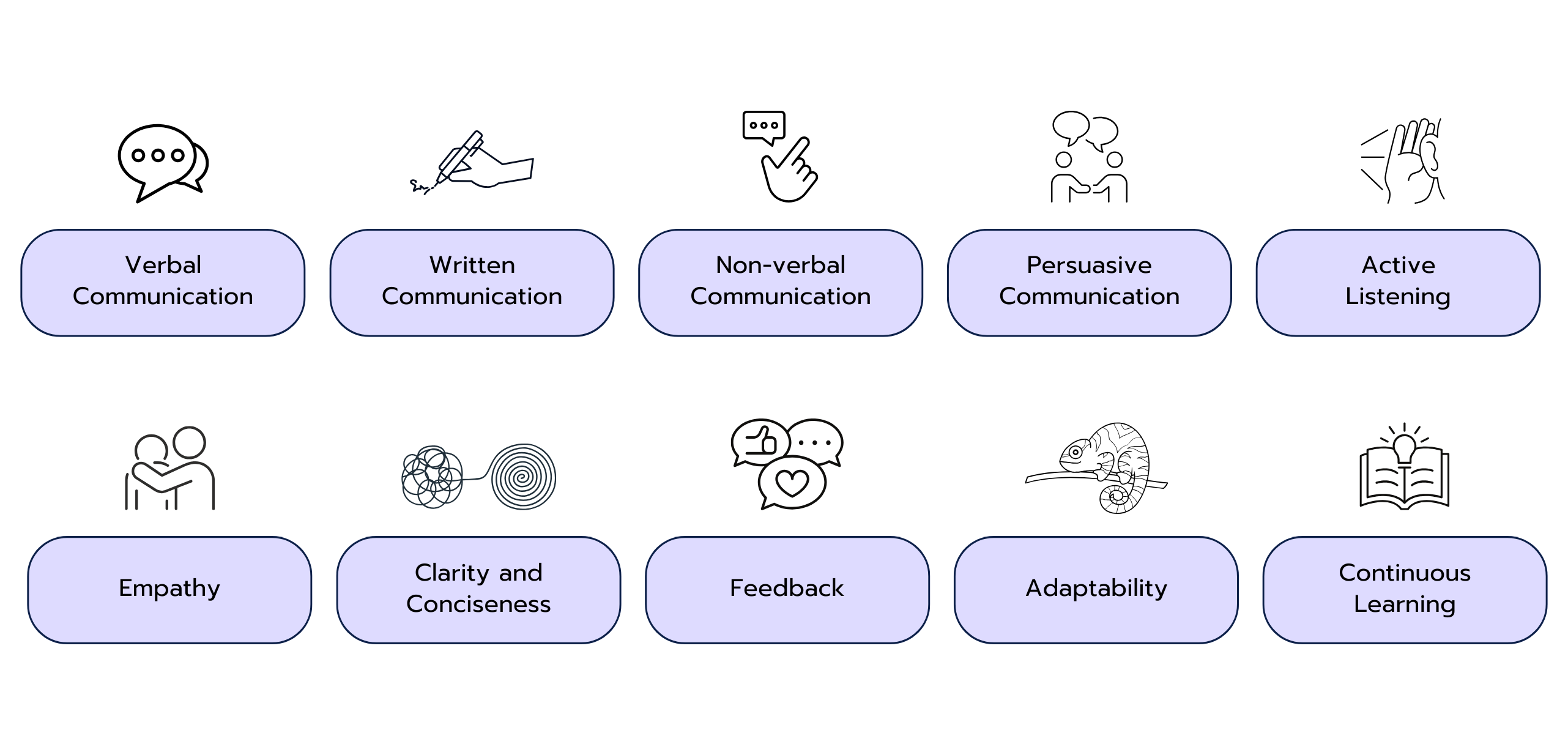Effective communication is crucial in consulting. If I had to list ten things that define a good consultant, the first point would be: "Communication, communication, communication!" As a consultant, you need to make complex topics understandable, offer clear solutions, and build strong relationships – all of which depend on your communication skills. It’s not just about having the right answers but also about presenting them clearly and convincingly. Whether you're communicating verbally, in writing, or non-verbally – as a consultant, you need to master various forms of communication.
Why is this so important? Effective communication builds trust, fosters client engagement, and ensures successful outcomes. However, there are also challenges, such as dealing with jargon, different corporate cultures, or varying communication styles. Let’s take a closer look at how you can improve your communication skills to excel in your consulting career.









